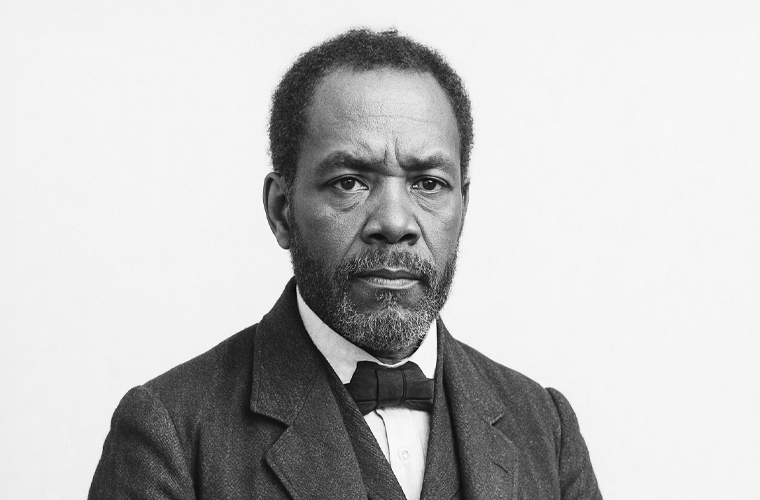Lunsford Lane, born May 30, 1803, just outside Raleigh, North Carolina, was an enslaved entrepreneur whose determination and business acumen enabled him to purchase his freedom and that of his family. The only child of house slaves Edward and Clarissa Lane, Lunsford served the Sherwood Haywood family, gaining opportunities rare for enslaved people. His 1842 autobiography, The Narrative of Lunsford Lane, details his early life, entrepreneurial ventures, and struggles to secure freedom for himself and his family, as well as his eventual banishment from North Carolina for the “crime of wearing a colored skin.”
From childhood, Lane displayed remarkable entrepreneurial talent. Starting with a basket of peaches from his father, he sold goods, saved tips from houseguests, and chopped wood to earn money. His greatest success came as a tobacconist, crafting pipes and a unique tobacco blend with his father, branded “Edward and Lunsford Lane.” This product gained popularity among state legislators and customers across North Carolina, despite Lane’s grueling schedule as a slave by day and entrepreneur by night. Driven by a desire to free himself and his family, he married Martha Curtis in 1828, and together they had seven children, six born in bondage. When Martha’s master ceased providing for her, Lane’s resolve strengthened, leading him to purchase his freedom in 1835 for $1,000 and later negotiate his family’s freedom for $2,500 (approximately $45,531 in 2005 dollars).
Despite his economic success, Lane faced systemic barriers. North Carolina courts deemed he had done nothing “meritorious” to earn freedom, keeping him legally enslaved until a trip to New York, where he secured freeman status. Back in Raleigh, he worked in the Governor’s office and continued his tobacco business. However, in 1841, a statute barring free blacks from other states forced him to leave North Carolina after living briefly in New York. Lane’s return in 1842 to emancipate his family met fierce resistance. Falsely accused of abolitionist activities, he faced a hostile mob, was jailed for protection, and endured a brutal tar-and-feathering by former friends. With help from sympathetic whites, Lane, his wife, children, and mother (whom he had persuaded the Haywoods to manumit) escaped Raleigh. His father was later freed as well.
In the North, Lane thrived, supported by abolitionists. He developed dietary supplements, fundraised for churches and charities, and continued his industrious legacy. Lane’s narrative and life stand as a testament to resilience, entrepreneurial spirit, and an unyielding commitment to family and freedom in the face of systemic oppression.

